This Wednesday, October 9, 2024, citizens of Mozambique are casting their votes to elect a new President, members of the National Assembly, provincial representatives, and governors.
By Tuesday of this week, the capital city of Mozambique, Maputo, was vividly decorated in bright red, the color of FRELIMO, the ruling party that has led the country since its independence nearly 50 years ago.
FRELIMO flags have been seen everywhere since August 24, when the official campaign period for the elections began in this Southeast African nation. The leading candidate is Daniel Chapo from the ruling FRELIMO party.
Outgoing President Filipe Nyusi, who has led Mozambique for ten years, is not eligible to run again due to the two-term limit. As a result, FRELIMO has nominated 47-year-old Daniel Chapo, who is recognized for his strong performance as the governor of Inhambane province over the past eight years.
Images of Chapo, a former radio broadcaster and law lecturer, are prominently displayed across the streets of Maputo, Beira, Nampula, Quelimane, and other cities in Mozambique. Banners showcasing Chapo’s image are hung everywhere on buildings and walls, on large screens, and at various exhibition stages. Often, these images are accompanied by drums and maize, symbols of the FRELIMO party.
The British Broadcasting Corporation (BBC) has published an article indicating that Chapo is running against three opponents in today’s presidential election: Ossufo Momade, Lutero Simango, and Venâncio Mondlane. In addition to the presidential race, FRELIMO and 36 other political parties have been approved to compete for 250 seats in the National Assembly.
Read More; National Debt Drops by 1.4 %
However, their campaign activities have been less visible in daily life, with their propaganda largely disseminated through a limited number of banners in major cities, primarily showcasing the faces of the presidential candidates they support.
Throughout the campaign, the FRELIMO candidate has exhibited confidence. During campaign events in the Niassa region, he faced allegations of impropriety and skepticism, particularly when he addressed the education sector.
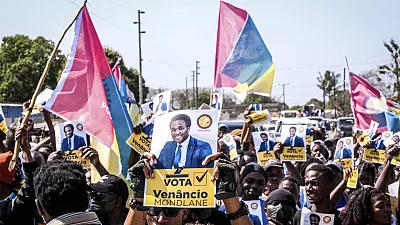

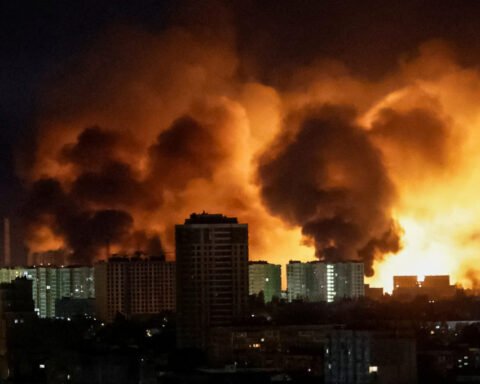
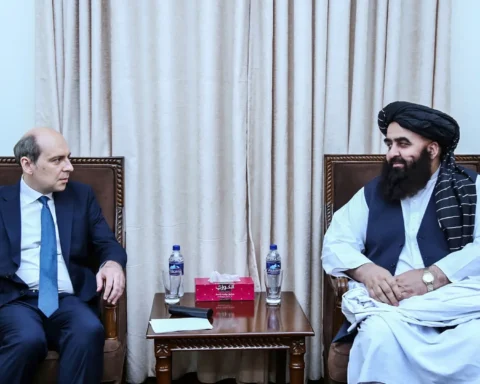
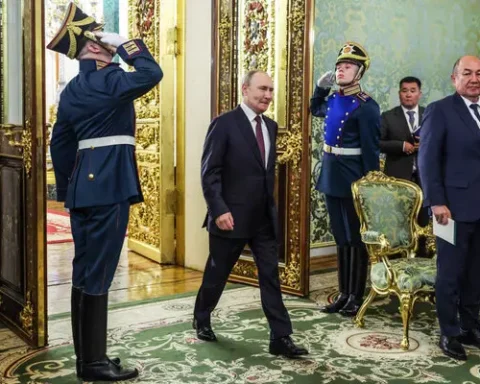
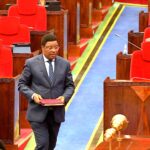
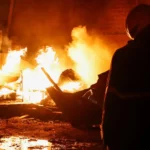
Thanks for the sensible critique. Me & my neighbor were just preparing to do some research on this. We got a grab a book from our local library but I think I learned more clear from this post. I’m very glad to see such magnificent information being shared freely out there.